 Partners and key researchers
Partners and key researchers
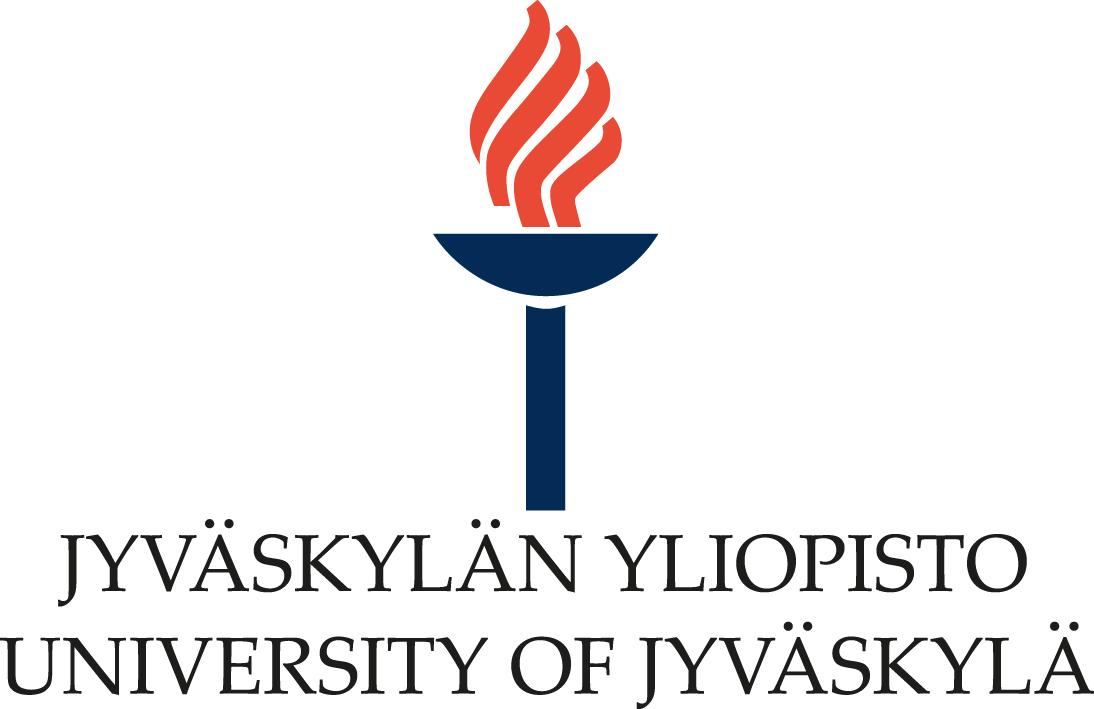
University of Jyväskylä (JYU) is a comprehensive research university in Finland with about 15,000 students and 2500 members of staff, focusing on human and natural sciences. JYU was founded in 1863 as a teaching seminary. Since then it has expanded to a full range of research and study programs. Nanoscience Center (NSC) at the JYU is a unique cross-disciplinary research center where physicists, chemists and biologists work together to study nature at the nanoscale.
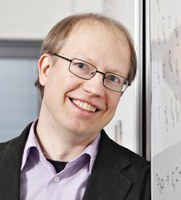 Tero Heikkilä (Coordinator and theory support) is a Professor at the Department of Physics, and the Scientific Director of NSC. He is a condensed matter theorist with a special focus on non-equilibrium superconductivity and interacting states of exotic electron systems.
Tero Heikkilä (Coordinator and theory support) is a Professor at the Department of Physics, and the Scientific Director of NSC. He is a condensed matter theorist with a special focus on non-equilibrium superconductivity and interacting states of exotic electron systems.
More info: Condensed Matter theory
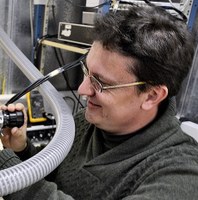 Ilari Maasilta (WP 3 leader and X-ray detector) is Professor at the Department of Physics. He is an experimental nanophysicist in thermal nanophysics and low-temperature radiation detectors, and has a long experience in nanofabrication and nanoimaging.
Ilari Maasilta (WP 3 leader and X-ray detector) is Professor at the Department of Physics. He is an experimental nanophysicist in thermal nanophysics and low-temperature radiation detectors, and has a long experience in nanofabrication and nanoimaging.
More info: Thermal nanophysics
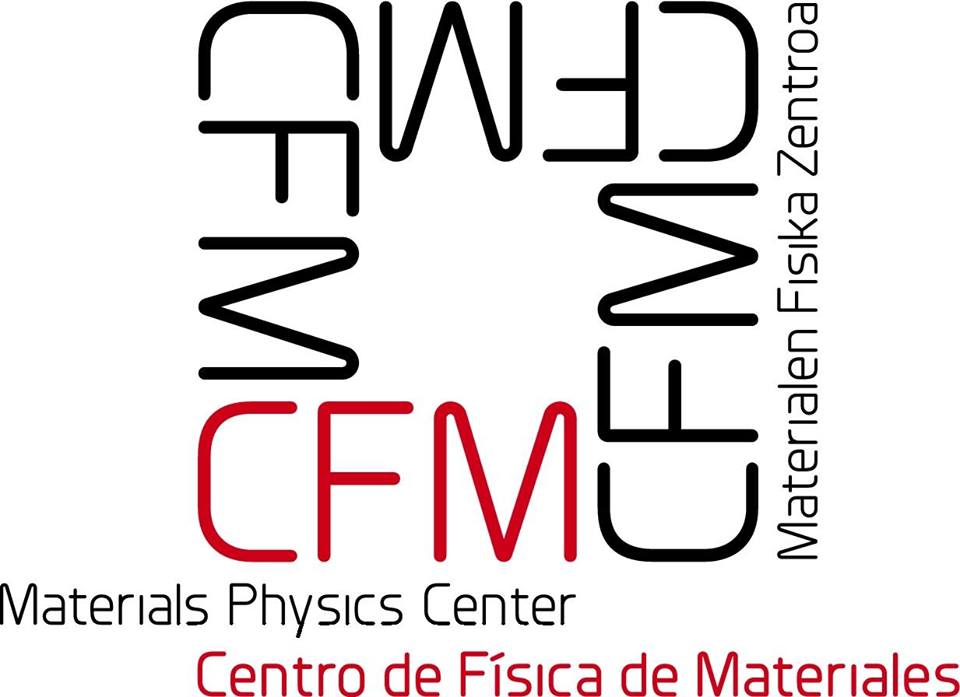
Spanish National Research Council (CSIC) is the largest public research institution in Spain and the third largest in Europe. It was founded in 1907 and among its 11,000 employees about 3,700 are researchers. Its mission is to foster, coordinate, develop and promote multidisciplinary scientific and technological research. CSIC Material Physics Center (CFM) in San Sebastian is a state-of-the-art working environment for experimentalists and theorists to conduct research at the nanoscale.
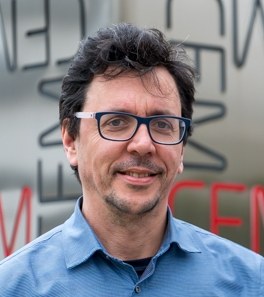 Sebastian Bergeret (Theory support) is a senior research scientist and Mesoscopic Physics group leader at CFM. He works on theory of condensed matter in electronic transport, focusing mainly on mesoscopic superconductivity, spintronics and exotic electronic states.
Sebastian Bergeret (Theory support) is a senior research scientist and Mesoscopic Physics group leader at CFM. He works on theory of condensed matter in electronic transport, focusing mainly on mesoscopic superconductivity, spintronics and exotic electronic states.
More info: Mesoscopic Physics
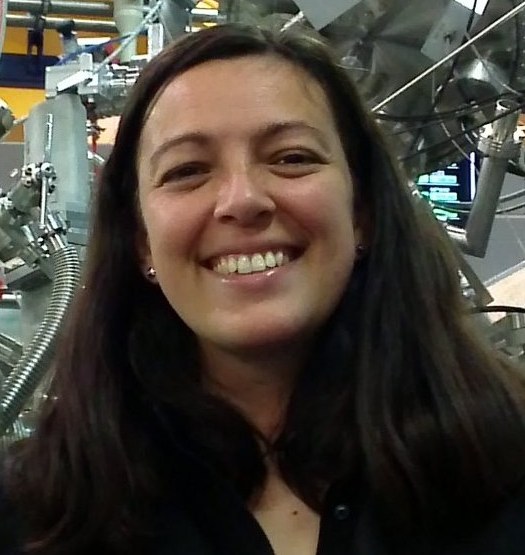 Celia Rogero (WP 1 leader and sample growth) is senior research scientist at the Nanophysics Lab at CFM. She is a specialist in experimental Surface Science Physics and her research has focused on structural and electronic characterization of metal-semiconductor interfaces grown in Ultra High Vacuum conditions.
Celia Rogero (WP 1 leader and sample growth) is senior research scientist at the Nanophysics Lab at CFM. She is a specialist in experimental Surface Science Physics and her research has focused on structural and electronic characterization of metal-semiconductor interfaces grown in Ultra High Vacuum conditions.
More info: Chemical Physics of Complex Materials
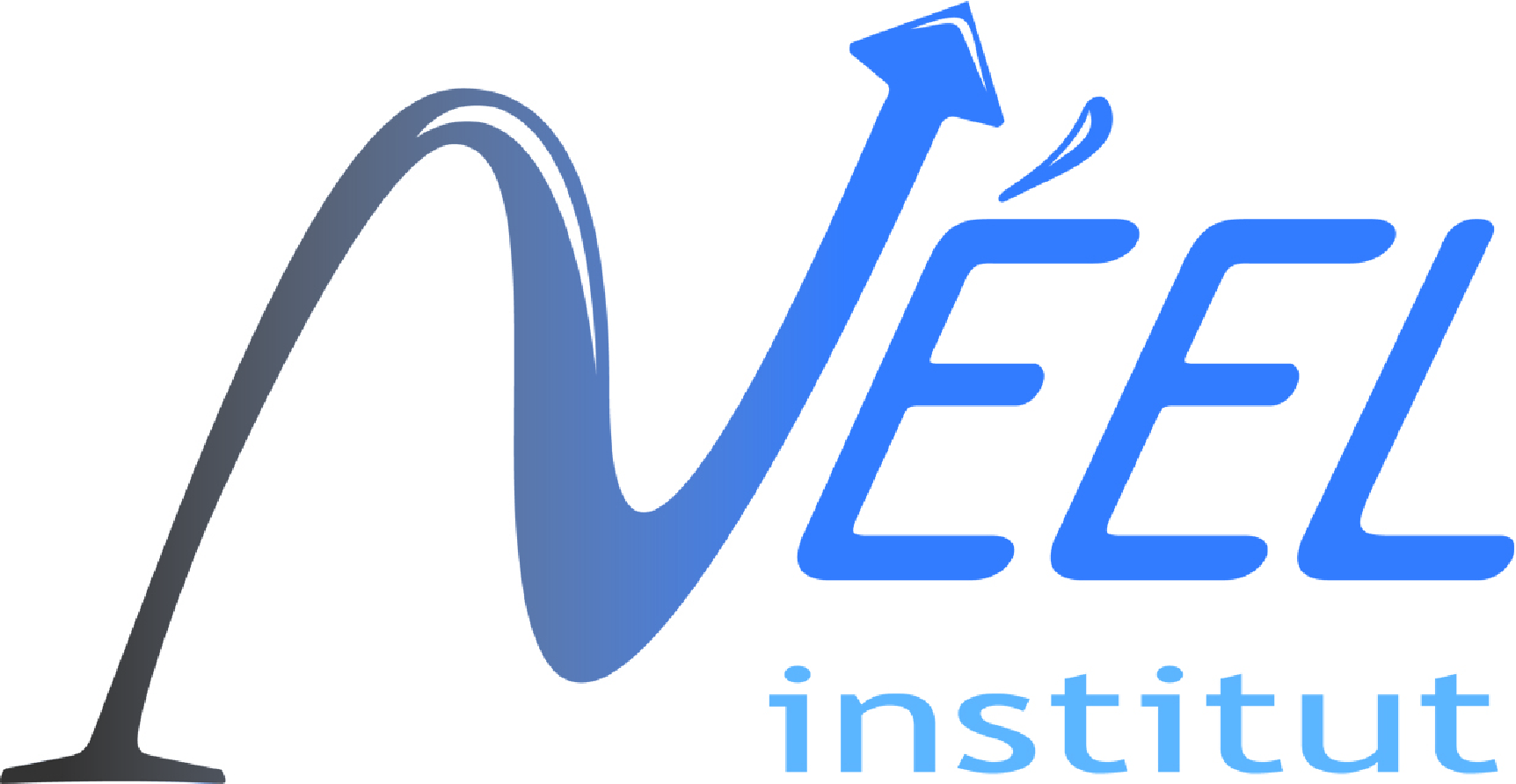
The National Center for Scientific Research (CNRS) is founded in 1939 and it is functioning under the French Ministry of Education and Research. Institut Néel, with 300 permanent researchers, is a CNRS laboratory for fundamental research in condensed matter physics, enriched by interdisciplinary activities covering chemistry, engineering, astrophysics, and biology. The Institut Néel has exceptional expertise in advanced technology, closely integrated with its research projects.
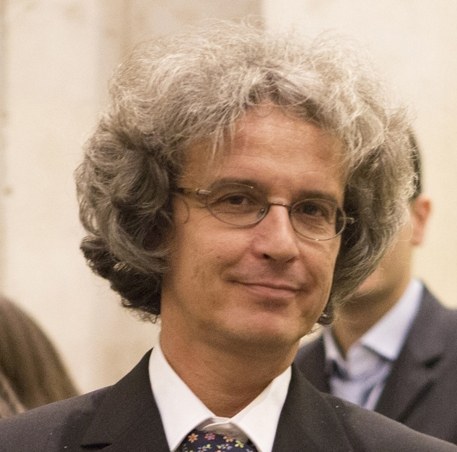 Alessandro Monfardini (THz detector) is a physicist at CNRS and Research Director of the Néel Astrophysics Instrumentation group. He has developed systems, instruments, detectors and software for a number of applications including astrophysics, particle and nuclear physics, and space studies.
Alessandro Monfardini (THz detector) is a physicist at CNRS and Research Director of the Néel Astrophysics Instrumentation group. He has developed systems, instruments, detectors and software for a number of applications including astrophysics, particle and nuclear physics, and space studies.
More info: Néel Astrophysics Intrumentation
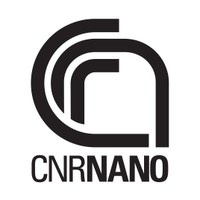
The National Research Council (CNR) is the largest public research institution in Italy. The CNR NANO research activities will be developed within the National Enterprise for Nanoscience and Nanotechnology NEST at the Scuola Normale Superiore, the leading Italian higher education institute for physics and exact sciences. NEST is a research and training centre where physicists, chemists and biologists investigate scientific issues at the nanoscale.
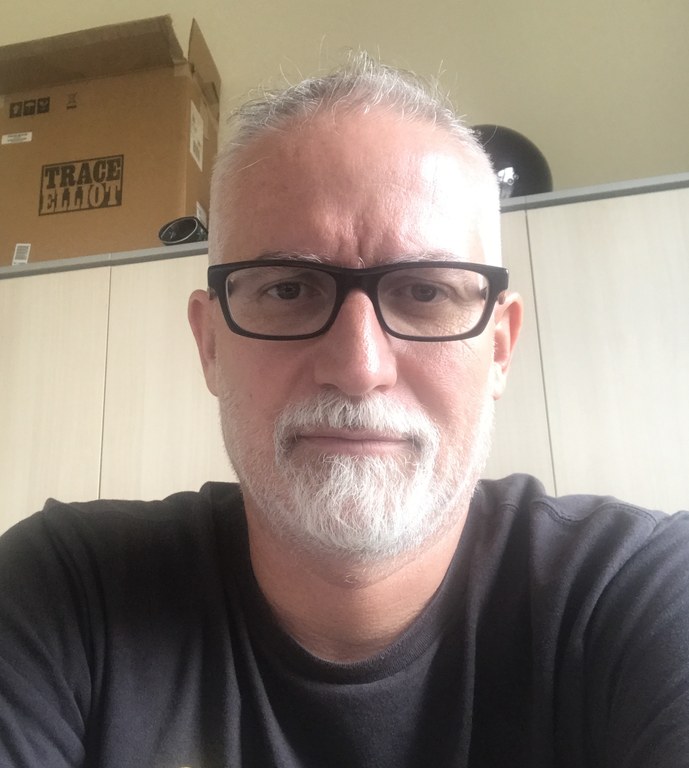 Francesco Giazotto (WP 2 leader and making & characterization the detectors) is a senior research scientist at NEST Istituto Nanoscienze of CNR in Pisa. He coordinates as Principal Investigator the activities of mesoscopic superconductivity, coherent caloritronics, electronic refrigeration, ultrasensitive quantum magnetometry, superconducting spintronics, and quantum transport in hybrid systems at ultralow temperatures at NEST laboratory.
Francesco Giazotto (WP 2 leader and making & characterization the detectors) is a senior research scientist at NEST Istituto Nanoscienze of CNR in Pisa. He coordinates as Principal Investigator the activities of mesoscopic superconductivity, coherent caloritronics, electronic refrigeration, ultrasensitive quantum magnetometry, superconducting spintronics, and quantum transport in hybrid systems at ultralow temperatures at NEST laboratory.
More info: Superconducting Quantum Electronics

BihurCrystal is specialized in developing and commercializing scientific instrumentation and high-quality materials for scientific research. BihurCrystal aims at new models of technology transfer through collaborating with a worldwide network of start-up companies and research groups. The goal of BihurCrystal is to spread exciting new technologies to the research community. BihurCrystal left the project at the end of 2020.
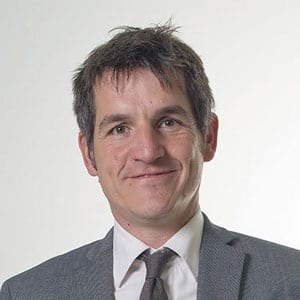 Francisco López (WP 4 leader and technology transfer) is CEO and founding partner of BihurCrystal. He has experience in both academic and industrial R&D in the fields of Materials Science and Photonics and wide knowledge in product development and technology transfer projects.
Francisco López (WP 4 leader and technology transfer) is CEO and founding partner of BihurCrystal. He has experience in both academic and industrial R&D in the fields of Materials Science and Photonics and wide knowledge in product development and technology transfer projects.
More info: BihurCrystal
 ADVACAM Oy was founded in 2012 as a a spin-off company originating from VTT Technical Research Centre of Finland. The ADVACAM team in Espoo, Finland has more than 30 years of experience in silicon sensor manufacturing and micro packaging technologies. ADVACAM joined the project in October 2020.
ADVACAM Oy was founded in 2012 as a a spin-off company originating from VTT Technical Research Centre of Finland. The ADVACAM team in Espoo, Finland has more than 30 years of experience in silicon sensor manufacturing and micro packaging technologies. ADVACAM joined the project in October 2020.